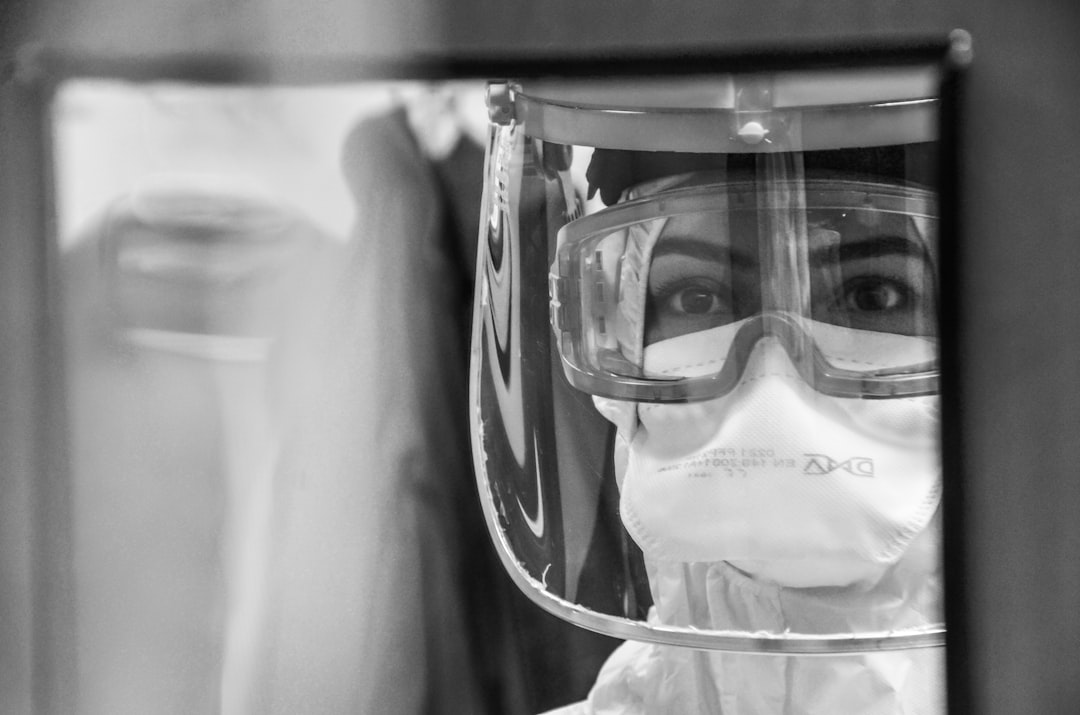What is it about?
Humanistic Psychologists have put forward principles in psychotherapy now considered foundational to most of the field, such as patient autonomy, self-actualization, and therapeutic presence. However, after post-structuralist ways of thinking emerged in the latter part of the 20th century, the therapy field has incorporated the challenges to these notions create to the above principles only in part. After the advent of the “crisis of the subject,” which Derrida’s work was a part of, our understanding of the self, intersubjectivity, and therapeutic presence must be engaged anew, so that they may likewise evolve in therapeutic discourse. It is crucial that we not ignore the challenges this thought would present to humanistic psychotherapy; therefore, this paper attempts to bridge the gap between humanistic psychology and post-structuralism to explore topics such as lived experience, alterity, intersubjectivity, and the formulation of the self in light of both discourses. Utilizing key works such as “Writing and Difference,” “Of Hospitality,” and “The Gift of Death,” the hope is that the paper will contribute to advancing our understanding of therapy, human experience, and personal growth.
Featured Image

Photo by Alex Block on Unsplash
Why is it important?
By addressing fundamental questions about humanistic psychotherapy, we contribute to the ongoing evolution of psychology and its vital role in supporting human flourishing, well-being, and self-knowledge. Hopefully this paper contributes to that understanding and helps those of us in the mental health field (or engaged with it) open new avenues of thought for the work!
Perspectives
As a theoretical and exploratory paper, it is meant to invite discourse and commentary, as it does not provide many conclusive arguments. If it provokes thought and conversation, while getting the ideas of both Humanistic Psychotherapies and Jacques Derrida mostly correct, then it has accomplished its goal!
Jonathan Rowe
Duquesne University
Read the Original
This page is a summary of: A language not our own: Derrida and humanistic psychotherapy., The Humanistic Psychologist, March 2024, American Psychological Association (APA),
DOI: 10.1037/hum0000352.
You can read the full text:
Contributors
The following have contributed to this page










